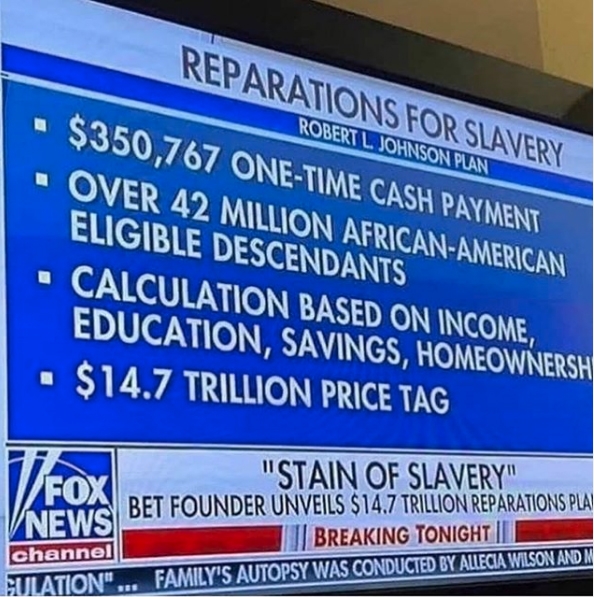BY AAGD STAFF
June 9, 2020 —Protests over George Floyd’s death have also come to channel anger and despair over broader inequalities that Black people have long faced in the U.S.
The death of George Floyd and the coronavirus pandemic’s racial disparities have put historic inequalities shouldered by Black Americans in starker relief than ever before — and some advocates say they point to a long-overdue consideration of reparations.
“It is time to really have a serious conversation about restoring the wealth that’s been extracted by racism,” Andre Perry, a fellow at the center-left Brookings Institution’s Metropolitan Policy Program and co-author of the April report “Why we need reparations for Black Americans,” told MarketWatch.
Perry, who’s nearing 50, said he couldn’t recall another time when the country was “this close” to advancing on the issue of reparations.
“It’s becoming more and more obvious that Black communities have been robbed of the money that they’re owed from slavery, from Jim Crow racism and from systemic racism in things like housing and criminal justice,” he said. “You can call it reparations, but at the end of the day, it’s about giving people what they’re owed and what’s needed in order to make communities less vulnerable to economic shocks and policy disasters in the future.”
Perry isn’t the only one sounding the call for reparations. Black Entertainment Television (BET) founder Bob Johnson last week called for $14 trillion in reparations to atone for slavery, government-sponsored discrimination and “permanent emotional trauma” experienced by Black Americans. The proposed reparations, he said in a statement, would take the form of direct cash payments over 10 to 20 years to descendants of African-American enslaved people.
“This is definitely the moment,” Nkechi Taifa, a human-rights attorney and decades-long reparations advocate, told MarketWatch. “People are really mad; they’re upset; they are outraged,” she said.
The average white household in the United States has about 10 times the wealth of the average Black household, according to the Federal Reserve’s Survey of Consumer Finances,
The cumulative result of factors such as redlining, housing and lending discrimination, and a limited ability to benefit from policies like the GI Bill. The median annual income among Black Americans is about $42,000, compared to white Americans’ roughly $71,000. Black people are more likely to be uninsured and to live in poverty.
What reparations could actually look like
Reparations for injustices committed against groups of people aren’t without precedent, many advocates point out. Germany, for example, has paid billions of dollars in reparations to Holocaust survivors over the past several decades.
The U.S. has its own examples: In 1988, the federal government issued an apology and $1.6 billion to Japanese Americans who were incarcerated during World War II. The government also compensated Native American tribes whose land it had seized, though critics say Native Americans didn’t receive direct control of the money.
Proposals for reparations forBlack Americans have taken a variety of forms. University of San Diego Law School professor Roy Brooks has proposed an “atonement model” that includes cash payments as a small component but puts “rehabilitative reparations” — that is, addressing racial disparities in homeownership, wealth and educational funding — at the forefront.
Read the complete article at MarketWatch.com



